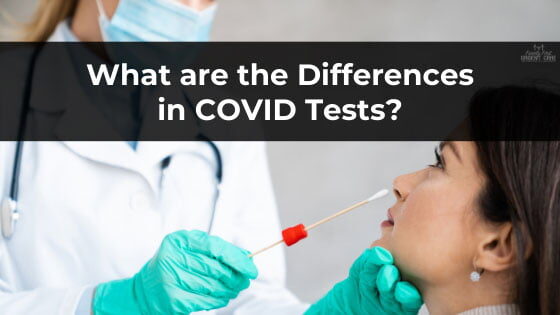
These days, we all have been hearing about the differences in COVID tests that we can receive. Depending on the circumstances, there’s a way to find out if you test positive or negative in as little as 15 minutes or as long as 5-7 days. But which test would be right for you?
Before you decide which test to get, it’s important to understand what the differences in COVID tests are, what doctors can find in the results, and when it makes sense to get any particular test.
What are the differences in COVID tests?
- The Sofia SARS Antigen FIA: this is a test that is typically given to people who have some symptoms of coronavirus, such as fever, cough or difficulty breathing. If the symptoms occur within five days of being tested, a simple nasal swab will detect proteins from the virus. The Sofia test can have a 96.7% accuracy rate if taken within that first 5-7 days of when symptoms for the virus appear. Results can be determined within 15 minutes.
- Polymerase chain reaction (PCR): this a widely used test where a small sample from a nasal swab is sent to a lab and the DNA is replicated to make millions, if not billions, of copies of that DNA sample. This enables a doctor to detect over 22 different types of viral and respiratory infections, including COVID-19 and the Flu. The results of this test can be achieved within 24-48 hours.
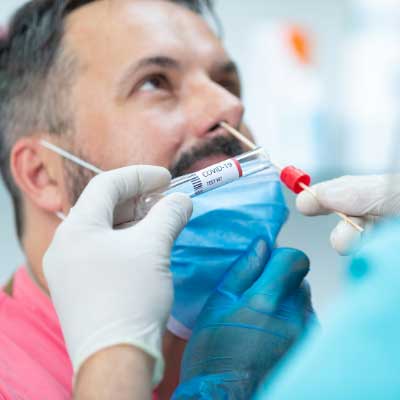
How do you decide which test is right for you?
There are differences in COVID tests and where you can get them. A rapid test is often given in drive through and Urgent Care facilities because it is a quick and easy way to detect a positive or negative result. The test is 97.1% sensitive to virus detection and 99.3% specific to COVID. This is a great option if you are planning a trip and want to make sure you are not carrying the virus to your destination.
Some airports are now starting to offer rapid testing so passengers can confirm they are negative prior to boarding their flight. Many international destinations require that you have proof of a negative test before they allow you to enter the country. Failure to provide this information can mean that you have to quarantine for 10-14 days before you are free to move about a city or country.
More detailed testing is really meant for those who already have symptoms and are concerned that they may have the virus. In this case, it is important to determine as quickly as possible if the test comes back as positive because it may require that you quarantine. In extreme cases, you may need to be hospitalized and it would be helpful for the hospital staff to know that you are positive prior to admitting you.
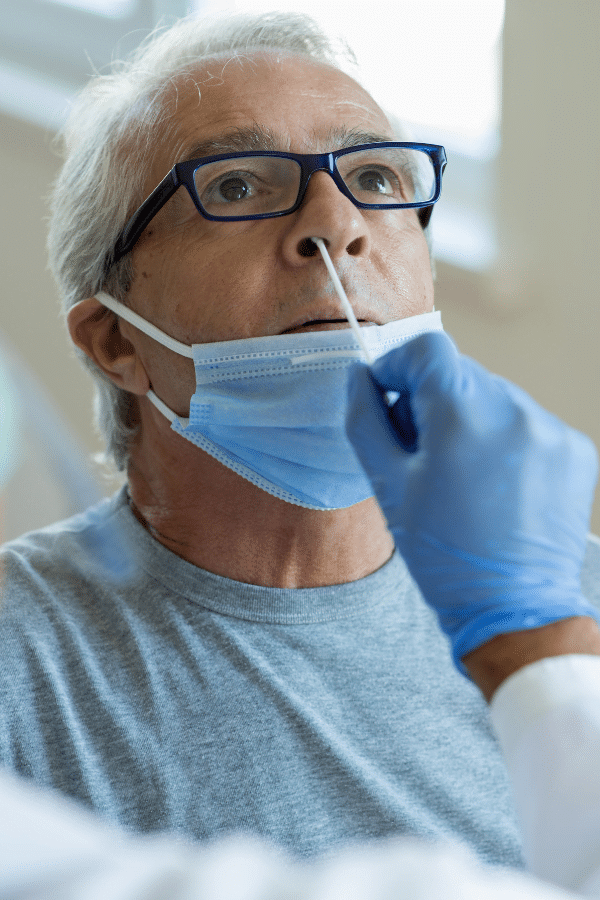
Where is the best place to get tested?
When COVID-19 first entered the United States in early 2020, people had trouble finding locations to get tested. If they could get to their doctor’s office, the tests were sent to a lab and it took up to 7 days to get a result. Even if you did not have any symptoms, doctors advised their patients to quarantine at home just in case they were carrying the virus. There typically were no real differences in COVID tests at that time because the method for testing was so new.
As the year progressed and medical professionals gained the ability to administer tests more accurately, more quickly and in more locations, people have found that their options have become greater as well.
One option is an urgent care facility, where a patient can get tested quickly to see if there is a positive result within 15 minutes. In order to arrange this kind of test, it helps for a patient to go online and schedule an appointment. Some urgent care facilities can administer the test in a curbside fashion, so the patient never leaves their car. Some have set up tents outside of the building, and some administer the tests in their facility.
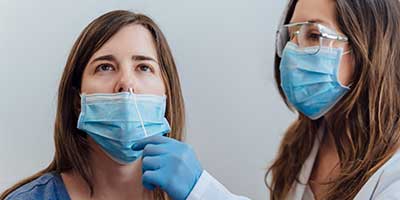
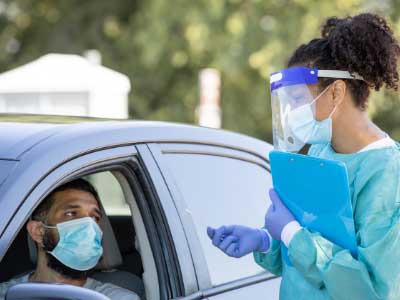
There are drive through locations, where you schedule and pay for your test in advance, print out a receipt and simply drive up to receive your nasal swabbing. It takes only a few minutes (assuming there is no waiting time) and you will get your results online within a day or so.
These options are great for those who are required to show proof of a negative test. In most cases, the people who take advantage of these testing facilities are healthy and just need to confirm a negative result. It is possible to get a false positive result, which would require another test if you really do not think you are sick.
Regardless of the venue, you can ask the healthcare provider whether you are getting a PCR test or a Sofia test and certainly ask them what the differences in COVID tests would mean to your needs. Either test is a good way to confirm that you do not have the virus or find out if you test positive if you are concerned that your symptoms are more than just a cold or flu. Both formats have high percentages of accuracy and can be trusted. If you do test positive, your medical provider can then advise you on next steps for your medical care and how to protect your family.
- The Dangers of Heat Stroke - August 2, 2022
- Health Devices and Supplies For Home - July 19, 2022
- Hydration for Houston’s Summer Heat - July 1, 2022



